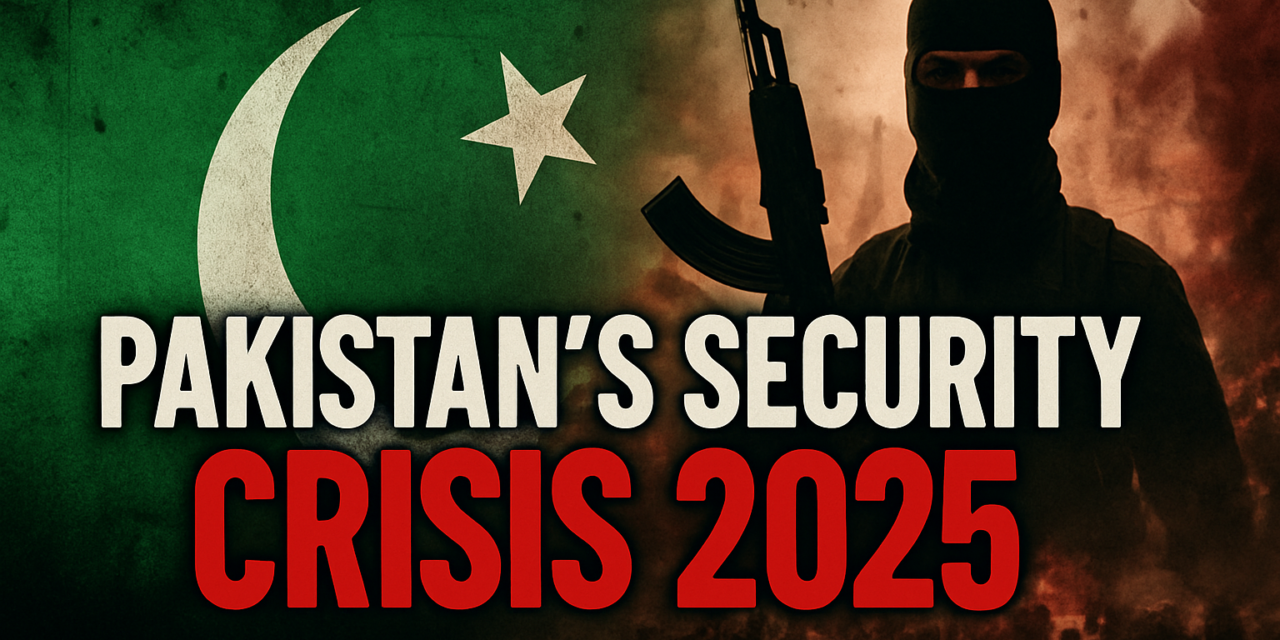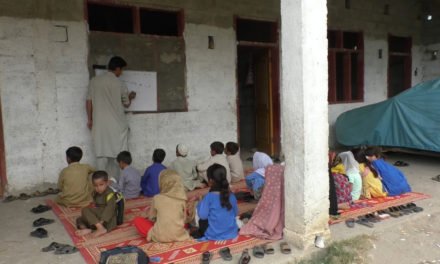By Fazal Khaliq
In 2025, Pakistan finds itself at a critical crossroads. The country is grappling with a surge in militancy, deepening political instability, and mounting security challenges that affect not only its government but the lives of millions of its citizens.
Over the past year, militant groups such as the Tehrik-i-Taliban Pakistan, or TTP, have expanded their influence and activity. These groups are exploiting ongoing political turmoil and fragile governance structures to strengthen their foothold in various regions, especially in historically volatile tribal and border areas. The resurgence of militancy poses a significant threat to national security, destabilizing communities and triggering waves of violence and displacement.
Political instability has compounded these security challenges. Pakistan’s political landscape remains turbulent, characterized by frequent changes in leadership and unresolved power struggles. This political uncertainty complicates coordinated efforts to address security threats effectively, often resulting in gaps in policy and enforcement. Government institutions, already stretched thin, face difficulties in implementing sustained strategies against militant networks.
Sectarian violence and tribal conflicts further strain Pakistan’s social fabric. Long-standing rivalries and disputes among different ethnic and religious groups continue to flare, creating additional fronts of conflict. These internal divisions not only fuel violence but hinder national unity and development.
In response, Pakistan’s military and government have intensified operations to curb militancy. Efforts include targeted counterterrorism strikes, increased intelligence cooperation, and attempts to engage local communities in peacebuilding initiatives. However, results have been mixed, as militant groups adapt and find new ways to challenge authority.
Beyond Pakistan’s borders, regional dynamics play a crucial role. Relations with Afghanistan remain complex, especially with cross-border militancy and refugee flows. Border security is a constant concern, requiring vigilance and cooperation between neighboring nations to prevent spillover effects that could exacerbate instability.
For everyday Pakistanis, this growing insecurity translates into fear, uncertainty, and disruption of daily life. Economic activities suffer, education and healthcare access are impacted, and many communities live under constant threat. The future of Pakistan hinges on how effectively the country can navigate these intertwined challenges.
In conclusion, the security concerns Pakistan faces in 2025 are multifaceted and deeply interwoven with political and social issues. Addressing militancy and political instability will require a unified national commitment, robust governance, and regional cooperation. Understanding these dynamics is essential for anyone interested in Pakistan’s path forward — a path that demands resilience, strategic vision, and hope for sustainable peace.





